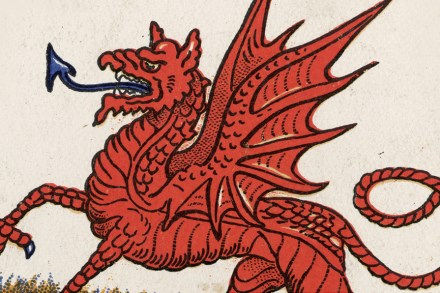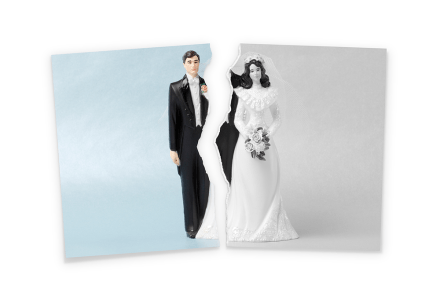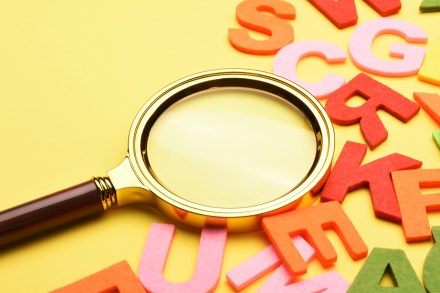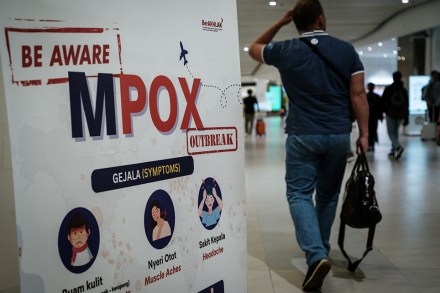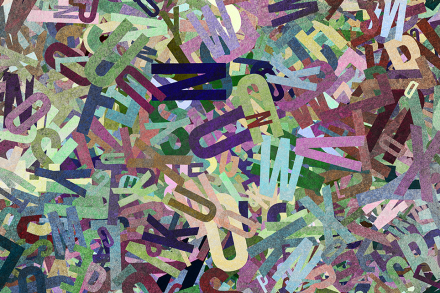Inside the Welsh village where English speakers aren’t welcome
On a Saturday morning, no life stirs. The village café is closed and the ancient church of St Beuno’s is locked and deserted. Beside the stone porch stands a dusty glass case that advertises church services and parish gatherings. Not a single event is scheduled. This is the peaceful village of Botwnnog (pronounced Bot-oon-awg) in the Llyn peninsula, north Wales, whose council recently rejected a plan to build 18 houses for rent. Few Welsh words have found their way into English, even though we inhabit the same island The language chosen by the council made headline news. ‘The Welsh village where English speakers aren’t welcome,’ said the Daily Telegraph, referring
